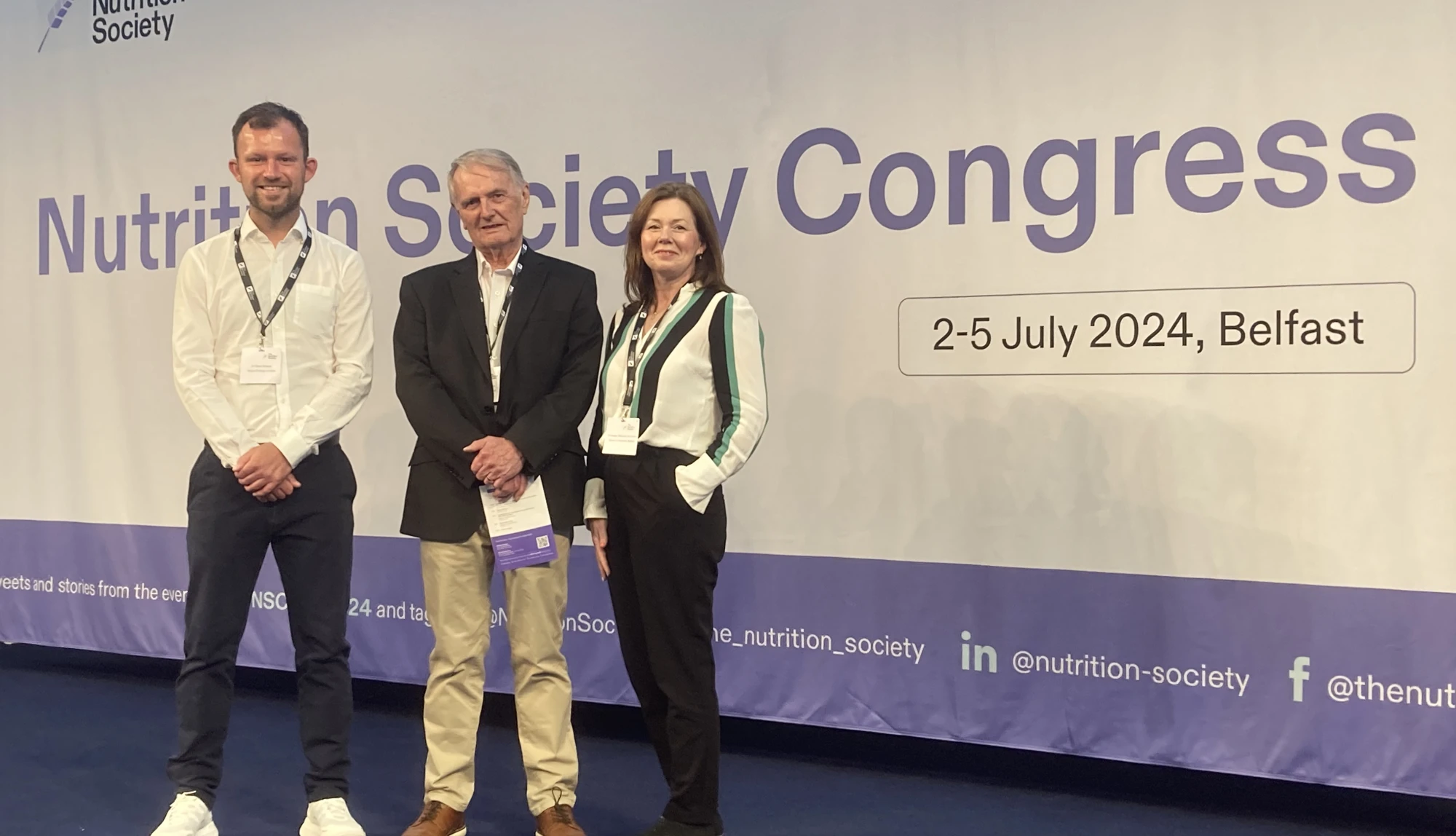European Milk Forum (EMF) members, including the Dairy Council for Northern Ireland, hosted a satellite symposium at the Nutrition Society Congress in Belfast on 4 July 2024.
Food Matrix Matters, FENS Belgrade 2023
European Milk Forum (EMF) members, including the Dairy Council for Northern Ireland, organised a symposium during the Federation of European Nutrition Societies (FENS) 14th European Nutrition Conference in Belgrade on 16th November 2023.
